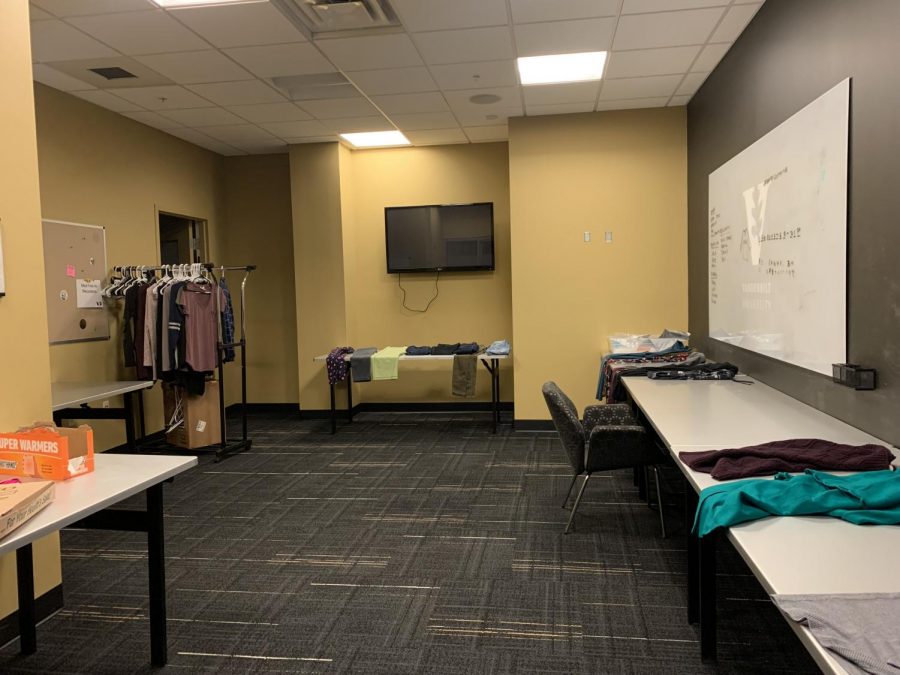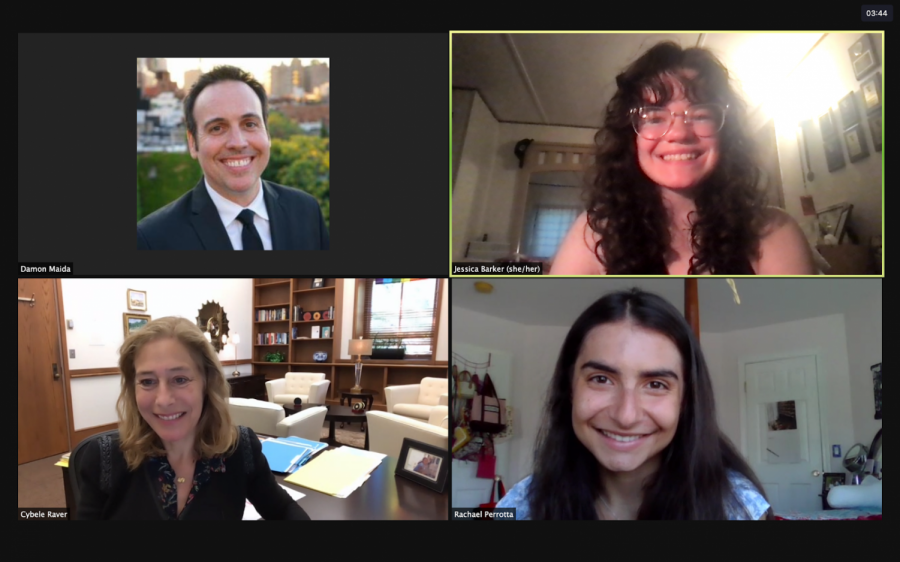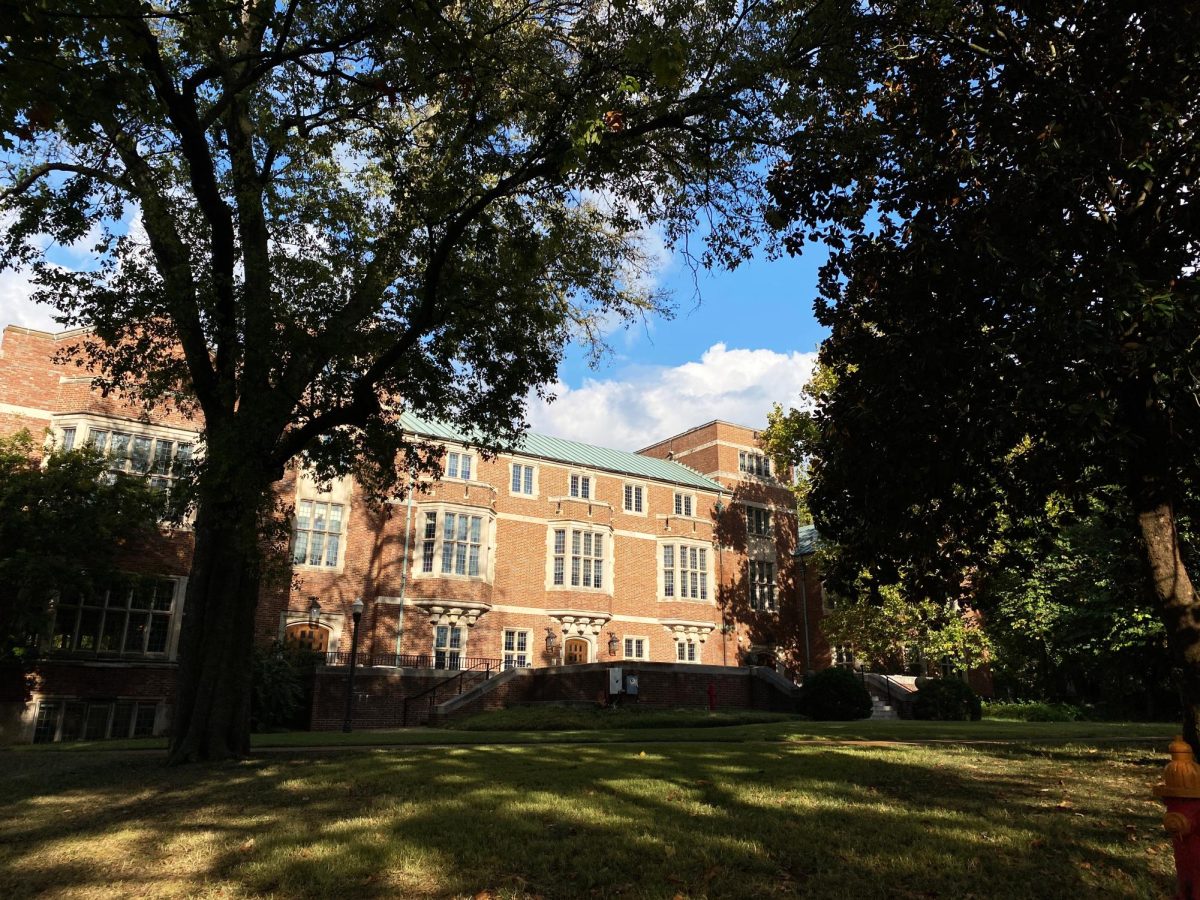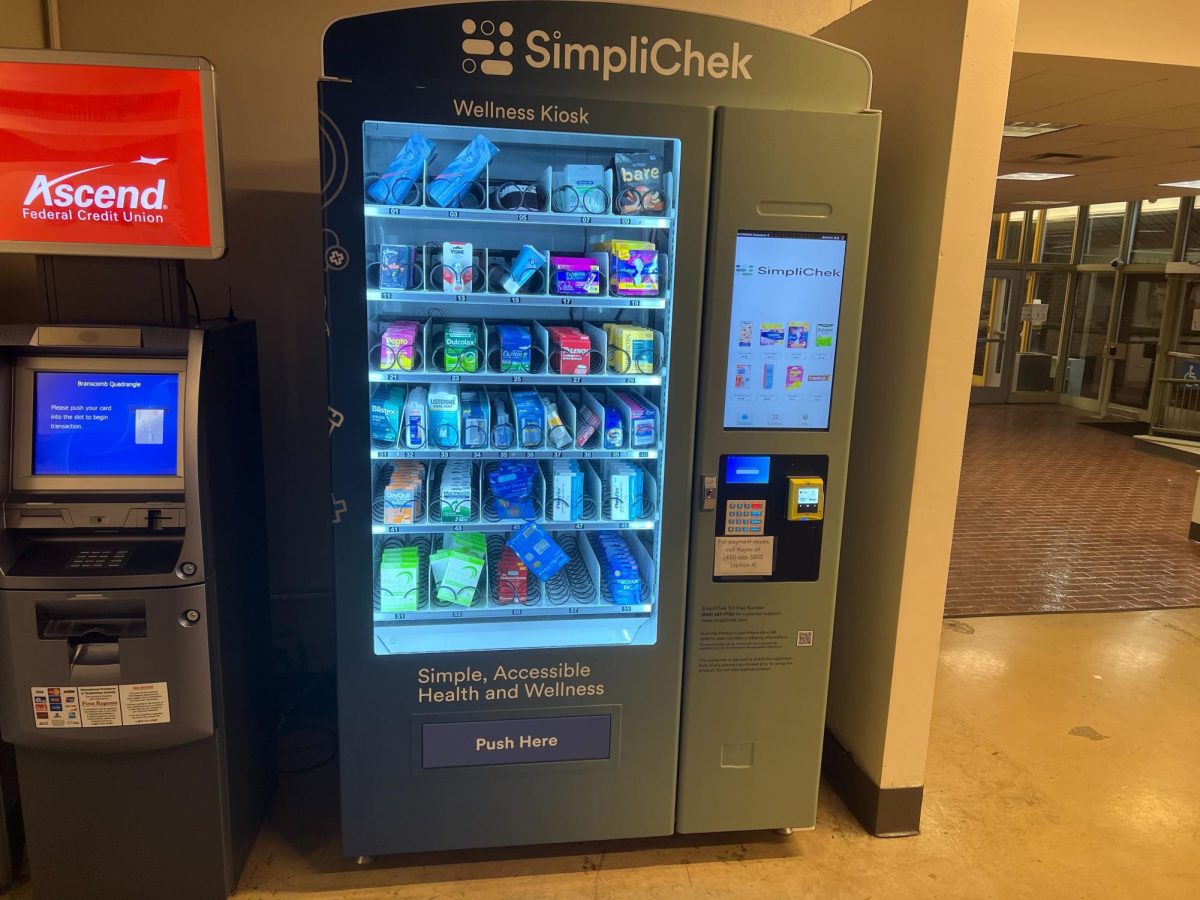Vanderbilt Student Government is working to create a universal test bank accessible to all students. The effort began last year, after the Vanderbilt Senate passed a resolution to establish a universal repository of preparation resources for all students.
Test banks are repositories of various tests and worksheets compiled over the years. Currently, Vanderbilt’s test banks are decentralized, existing within certain student organizations. According to Sean Swinford, Senate Speaker and author of the test bank resolution, that decentralization contributes to inequity because only members of certain organizations, notably Greek and multicultural organizations, have access to individual test banks.
“We know that students really benefit from having previous tests and other materials. It really wouldn’t have to be tests. It could be other materials, worksheets, etc. to help them prepare for exams,” Swinford said. “We’d like, rather than that just being for a select few, to be open to everybody. We’d like everybody to benefit from the academic use of having these practice exams and etc. We think it’s a really good thing for making sure that groups are equal on this campus.”
Swinford and Nico Gardner, the Chair of the Academic Affairs Committee, are just in the information dissemination stage. Gardner says that for now, their main challenge is communicating to others the importance of their effort.
“We understand that it’s going to be difficult to pull this off, mainly because we’re not looking to strong-arm anyone into doing anything,” Gardner said. “We’re very focused on our collaborative process, so our challenges are going to be effective outreach: How do we talk to people so that it’s understood the right way? How do we communicate that this at the end of the day is an equity issue? How do we make people believe in this?”
According to Swinford, this inequity can fall along socioeconomic lines between those who can afford the dues required to join many of these large organizations that have test banks and those who cannot afford those commitments. As a result, Swinford says, academic advantages are often provided to those who can afford it.
We’d like everybody to benefit from the academic use of having these practice exams. We think it’s a really good thing for making sure that groups are equal on this campus.
Gardner and Swinford’s next step is to bring their proposal to the Faculty Senate to gauge the faculty’s feelings about and interest in the universal test bank. According to Vice Provost of Inclusive Excellence Melissa Thomas-Hunt faculty may not be aware of how their preparation materials are currently distributed.
“We have to be very clear,” Thomas-Hunt said. “This is a faculty governance issue. It’s their intellectual property. And so there’s no way that the university is going to impose anything on faculty members. We just want them to have more information so that they can make the best choices for providing access equitably to all of our students.”
According to Swinford, the administration supports the initiative because they see the benefit behind fostering equity on campus. Faculty members who were initially opposed to the initiative of the universal test bank ended up supporting it after they heard the reasoning behind the argument to promote equity, he said.
Thomas Schwartz, a professor of history, says that a test bank would remind him to vary his questions from year to year, and might be helpful for students.
“A test bank would simply be a chance for them to see how the test is constructed, which I have no problem with,” Schwartz said.
In addition to getting faculty involved in the universal test bank initiative, Gardner also recognizes the importance of getting students involved. He said that he plans to first meet with the umbrella organizations, such as the Interfraternity Council, Panhellenic Council, National Pan-hellenic Council, Intercultural Greek Council and the Multicultural Leadership Council. After this, Gardner plans to meet with other student organizations and concerned students.
Before the universal test bank can launch, it will first need a compilation of tests and other preparation resources. This initial compilation would put all of the resources currently dispersed across multiple test banks into one accessible location. The former privatized test banks would then be disallowed. Based on intellectual property and privacy concerns, professors would then be allowed to choose whether they want their materials remain in that singular accessible location.
“I really do want to bring as many people as possible underneath the umbrella of working on this initiative,” Gardner said. “It’s not only crucial for the success of this initiative, but also important to me personally that as many people as possible are included, and as many voices as possible are invited in so that this is really something the campus feels that they have ownership over because we can sit here and talk that it’s going to be universally accessible, but if it’s not universally believed to be beneficial, then it’s just not going to work.”
According to Swinford, this initial compilation will only be possible if organizations that currently have test banks agree to turn over all of the materials in their current test banks. The only issue is that they would have to turn over all of their documents before professors consent to having their documents populate the universal test bank. As a result, some of these organizations fear they may face repercussions for having test materials that are not approved by the professors. Some of these organizations want immunity during the transitional period, which Swinford said they could theoretically offer.
However, Associate Dean for Community Standards and Student Support G.L. Black said the idea that these organizations would need immunity is a misconception. He said that because the Honor Code applies to academic coursework, and because these organizations are not enrolled in courses, the Honor Code would not apply to them when they turn over their test bank materials.
if it’s not universally believed to be beneficial, then it’s just not going to work.
Further, Black said that the anonymity associated with test bank management means that there is likely no way to even know who put the materials there in the first place, making Honor Code violations a non-issue.
“If all the materials are de-identified or anonymous or something, we wouldn’t know people to necessarily charge, and we wouldn’t know how things got in the test bank either necessarily,” Black said. “So I don’t foresee that being that much of an issue.”
The specificities of the universal test bank are yet to come, Swinford said. He envisions that students would be allowed to upload materials to a platform on Brightspace as long as professors permit it, and that one organization, whether it be Vanderbilt Student Government or Student Accountability, would be responsible for removing the materials that are not allowed by professors.
“It is a very complicated process, but we think that if we can keep making progress on it, that it’s going to be great for the equity on this campus because students really shouldn’t have academic advantages just because they’re members of certain organizations,” Swinford said.










